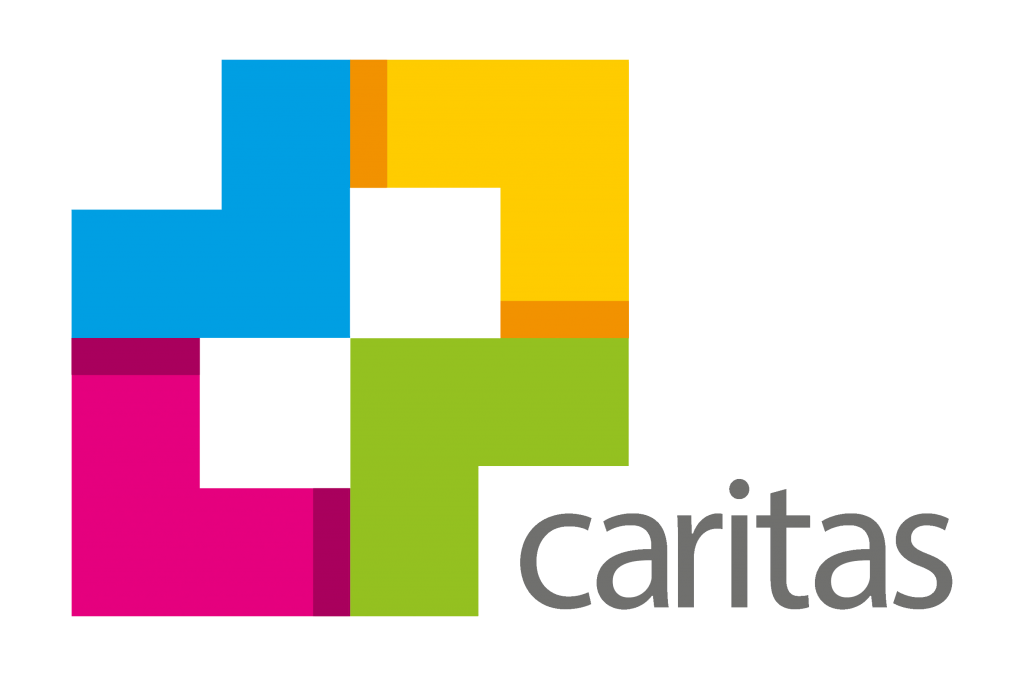

The housing association releases full-year unaudited results
Peabody Group invested £374m into their existing stock during the year, and plan to spend around £2bn over five years.
The not-for-profit housing association, which has 107,000 homes across London and the Home Counties, has released their unaudited results ahead of its Annual Report.
The £374m spend on existing homes includes investing £135m in improving the condition and environmental performance of residents’ homes. Almost 80 percent of which are now EPC C rated following further upgrades. A further £64m on fire safety as remediation work progresses. £175m went on planned maintenance and responsive repairs.
This is the housing association’s second year of trading incorporating Catalyst Housing Limited and its subsidiaries as part of the Peabody Group. It’s the first year of trading following the transfer of engagements of Catalyst Housing Limited into Peabody Trust and Rosebery Housing Association Limited into Town & Country Housing.
Ian McDermott, Peabody chief executive said: “This has been a year of good progress, but we know there is much work to do. We’re transforming our services and investing in homes and sustainable places for the long-term.
“Our local focus and commitment to getting the basics right remains a strategic priority. Our plan is to spend around £2bn over five years – or around £1m a day – on improving and maintaining residents’ homes. This is the right thing to do and will bring material benefits. Over time it will help to reduce the volume of responsive repairs and complaints and improve residents’ satisfaction with our landlord services.
“We also want to support local government in tackling London’s homelessness emergency by providing new social homes where we can. New homes of all tenures are essential infrastructure for the country, and we’ll continue to work with public and private partners on regeneration and new supply. All this activity clearly puts pressure on financial metrics, but we remain determined to use our balance sheet and liquidity as well as exploring new, innovative ways to invest in the things that support our goal of helping people flourish.”
Peabody invested £553m in its new homes programme over the last 12 months, completing 1,381 new homes.
The tenure mix is:
- Social rent: 322
- London Affordable rent: 313
- Affordable rent: 91
- Intermediate Market Rent: 16
- Shared Ownership: 478
- Market Sale: 161
The housing association, which made 1,157 starts on site during the year, says it’s “carefully managing” their development programme, “maintaining appropriate flexibility on the level of future spend and commitments which has limited the extent of expected write downs to around £10m in the period.”
The report states Peabody’s access to liquidity remains very strong with almost £1.3bn of cash and undrawn facilities. In addition they have continued to improve liquidity post year end with an additional £150m in bank facility.
Peabody’s balance sheet remains strong, with fixed assets of over £11bn and gearing at around 40 percent. Their turnover for 2023-24 was £992m. Turnover from core operations increased to £855m, including £774m from social housing lettings.
Overall revenues reduced due to a planned lower level of sales in the year (£130m) plus £7m other development income. A further £30m of contracted sales were anticipated but these have carried over to Q1 2024-25 due to delays on-site. Sales margins in 2023-24 improved to 12 percent, up from 10 percent previously.
Despite the significant cost pressures experienced throughout the year, and a challenging operating environment, Peabody expect their overall operating margin to be at a level similar to last year (23 percent).
Their social housing operating margin will be lower than the prior year, with their low rents below target/regulated levels. The average Peabody rent is now £138 per week and their rent collection for the year was 99.4 percent, improving as the year progressed.
Financing costs, excluding break costs incurred, increased to £170m. This reflects the full year impact of increased interest rates but, as the report states, was within their budget for the year and has allowed Peabody to maintain a healthy level of headroom over their banking covenant, whilst continuing to invest substantially in residents’ homes, in line with their commitment to spend £2bn on existing homes over five years.
In conclusion, the report says the results demonstrate that whilst facing a challenging environment, Peabody is in a strong, financially resilient position to support significant further investment for the long term.

